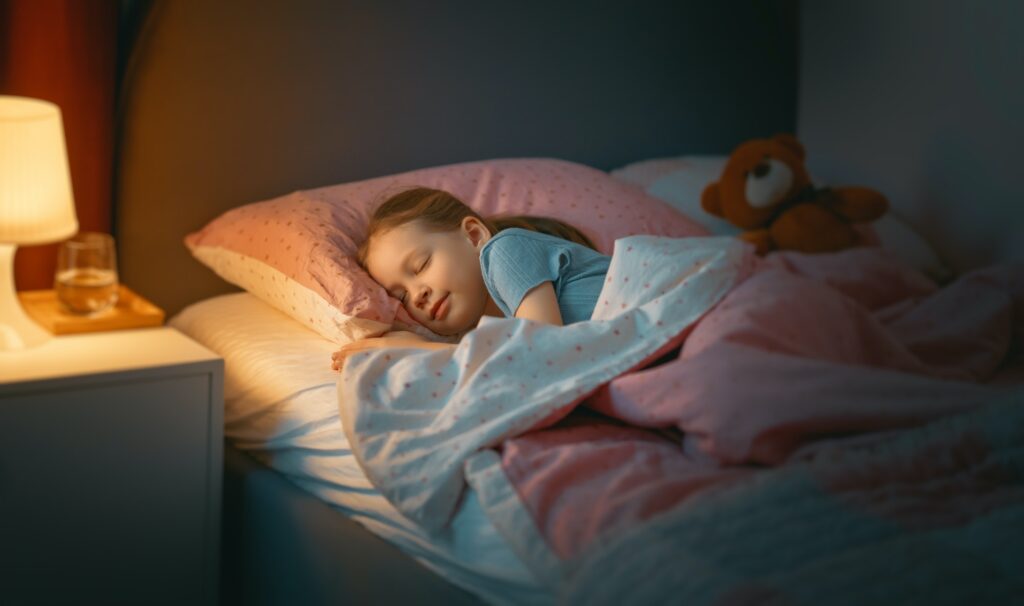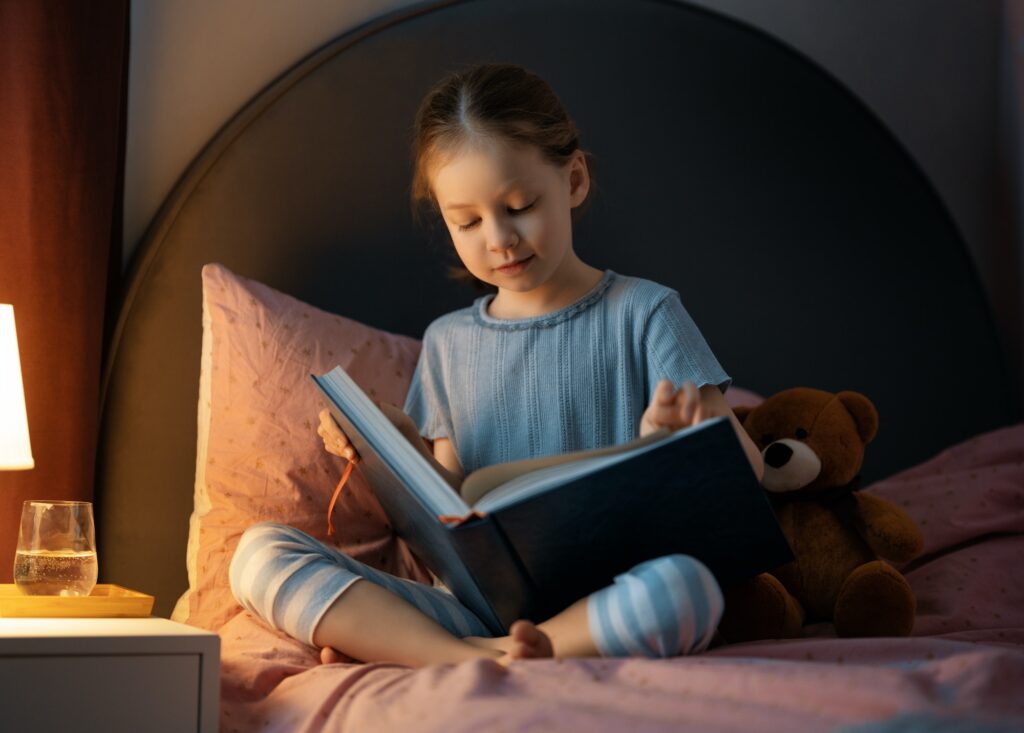Parenting
Autism And Sleep Disorders
Comorbidity in Autism & Sleep Disorders
Sleep problems are quite common among children with autism, with research suggesting that up to 80% of children with ASD experience sleep disturbances. These sleep disorders can have a significant impact on the child’s overall well-being and functioning. Let’s explore autism and sleep disorder comorbidity in more detail, along with coping strategies for children with ASD and sleep problems.
Autism Spectrum Disorder (ASD) is a neurodevelopmental disorder characterized by challenges in social communication and interaction, as well as restricted and repetitive patterns of behavior, interests, or activities. Sleep problems in children with autism can manifest in various ways, including difficulties falling asleep, staying asleep, or having irregular sleep-wake patterns. Some common sleep disorders observed in individuals with autism include:
Insomnia: Difficulty falling asleep or staying asleep, leading to insufficient sleep duration and poor sleep quality.
Delayed Sleep Phase Syndrome: A circadian rhythm disorder where the individual has difficulty falling asleep at a conventional bedtime, resulting in a delayed sleep-wake pattern.
Sleep Apnea: Repeated pauses in breathing during sleep, often accompanied by snoring and fragmented sleep.
Restless Legs Syndrome (RLS): Uncomfortable sensations in the legs, causing an irresistible urge to move them, which can disrupt sleep.
Nighttime Awakenings: Frequent waking during the night, resulting in fragmented sleep.
The exact reasons behind the high prevalence of sleep problems in autism are not fully understood. However, there are several factors that may contribute to this comorbidity:
Sensory issues: Children with autism may have heightened sensory sensitivities that can make it difficult for them to relax and fall asleep.
Anxiety and behavioral factors: Anxiety and behavioral challenges common in autism can impact sleep patterns. Difficulties with transitions, adherence to routines, and difficulty self-soothing can all contribute to sleep disturbances.
Melatonin dysfunction: Melatonin, a hormone that regulates sleep-wake cycles, may be dysregulated in individuals with autism, potentially leading to disrupted sleep.
How to Cope
Coping strategies for children with autism and sleep disorders can vary based on the specific sleep problem and the child’s individual needs. Here are some general strategies that may be helpful:

Establish a Consistent Bedtime Routine
Create a predictable and calming routine before bedtime to signal to your child that it’s time to sleep. This routine may include activities like reading a book, taking a warm bath, or listening to soothing music.

Provide a Sleep-Conducive Environment
Ensure your child’s sleeping environment is comfortable, quiet, and dark. Consider the use of white noise machines or earplugs to minimize sensory distractions.


Address Sensory Sensitivities
Identify and address any sensory triggers that may be interfering with your child’s sleep. This could involve adjusting the bedding, pajamas, or room temperature to accommodate their sensory preferences.

Promote Relaxation Techniques
Teach your child relaxation techniques such as deep breathing exercises, progressive muscle relaxation, or guided imagery to help them unwind before sleep.


Consider Melatonin Supplements
Consult with a healthcare professional about the potential use of melatonin supplements, as they may help regulate sleep patterns in some children with autism. However, it’s crucial to seek professional advice before using any supplements.

Consult With Healthcare Professionals
If sleep problems persist or significantly affect your child’s quality of life, it’s important to seek guidance from healthcare professionals experienced in autism and sleep disorders. They can provide individualized recommendations and interventions based on your child’s specific needs.

Guide Disclaimer
The information provided in this article is intended for general informational purposes only and should not be considered as professional advice or a substitute for medical, therapeutic, or educational guidance. Every child with autism and a sleeping disorder is unique, and what works for one child may not work for another. It is essential to consult with qualified professionals, such as doctors, psychologists, therapists, or educators, who can provide individualized recommendations and support tailored to your child’s specific needs.


